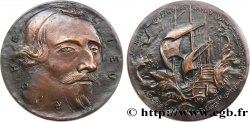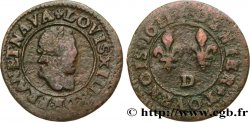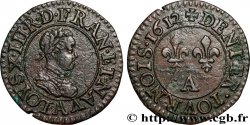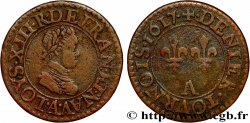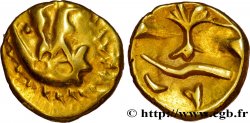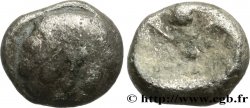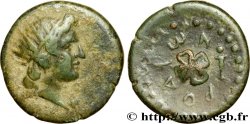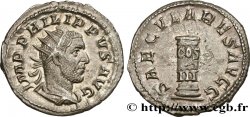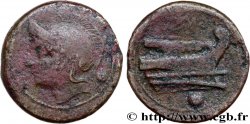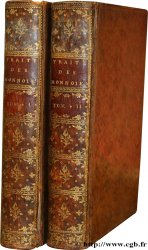Live auction - bry_458770 - LOUIS XIII Écu d'or au soleil, à la croix anillée fleurdelisée 1628 Paris, Monnaie du Louvre
You must signin and be an approved bidder to bid, LOGIN TO BID. Accounts are subject to approval and the approval process takes place within 48 hours. Do not wait until the day a sale closes to register. Clicking on "BID" constitutes acceptance of the terms of use of cgb.fr private live auctions.
Bids must be placed in whole Euro amounts only. The sale will start closing at the time stated on the item description; any bids received at the site after the closing time will not be executed. Transmission times may vary and bids could be rejected if you wait until the last second. For further information check the Live auction FAQ
All winning bids are subject to a 18% buyer’s fee.
All winning bids are subject to a 18% buyer’s fee.
| Estimate : | 1 000 € |
| Price : | 1 010 € |
| Maximum bid : | 1 150 € |
| End of the sale : | 12 December 2017 15:33:30 |
| bidders : | 4 bidders |
Type : Écu d'or au soleil, à la croix anillée fleurdelisée
Date: 1628
Mint name / Town : Paris, Monnaie du Louvre
Quantity minted : 48988
Metal : gold
Millesimal fineness : 958 ‰
Diameter : 25,5 mm
Orientation dies : 6 h.
Weight : 3,35 g.
Rarity : R2
Coments on the condition:
Cet écu est frappé sur un flan large, légèrement irrégulier et présentant de hauts reliefs. De petites traces de nettoyage dans les champs. Petite trace de laminage sous le L de LVDOVICVS
Obverse
Obverse legend : (SOLEIL) LVDOVICVS. XIII. D. G. FRAN. ET. NAVA. REX, (LÉGENDE COMMENÇANT À 12 HEURES).
Obverse description : Écu de France couronné.
Obverse translation : (Louis XIII, par la grâce de Dieu, roi de France et de Navarre).
Reverse
Reverse legend : (MM) CHRISTVS. REGNAT. VINCIT. ET. IMP. 1628..
Reverse description : Croix anillée, fleurdelisée avec lettre d'atelier en cœur.
Reverse translation : (Le Christ règne, vainc et commande).
Commentary
D’après nos recherches aux Archives nationales, environ 48.988 écus (chiffre comprenant des demi-écus)) ont été frappés en 1628 à Paris. Pour cette production, 242 exemplaires ont été mis en boîte.







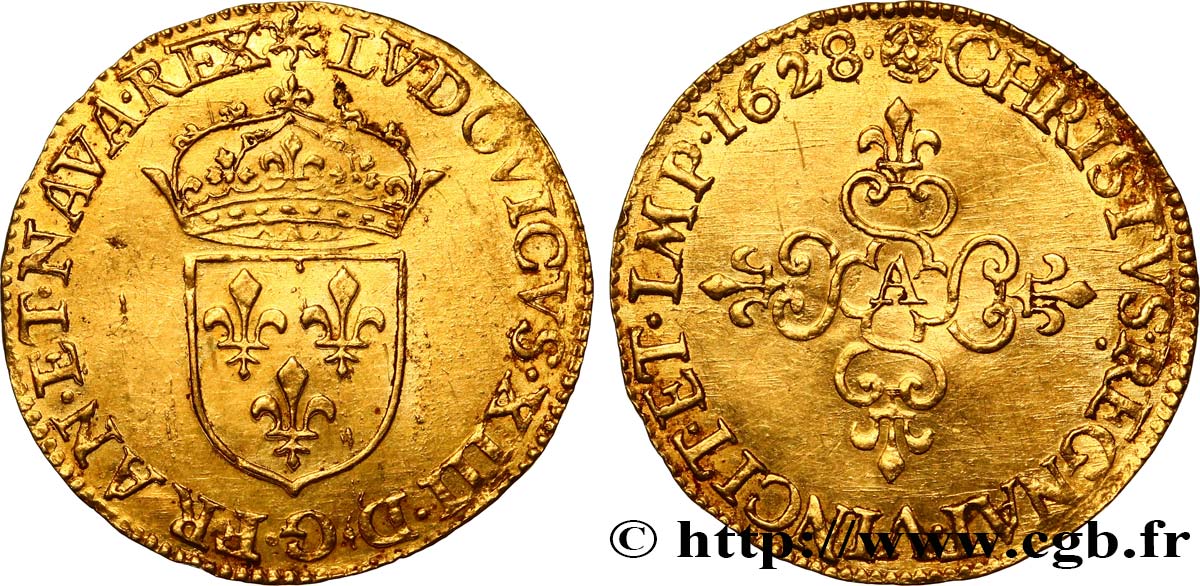
 Report a mistake
Report a mistake Print the page
Print the page Share my selection
Share my selection Ask a question
Ask a question Consign / sell
Consign / sell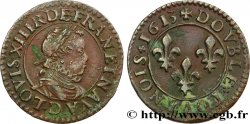
 Full data
Full data
